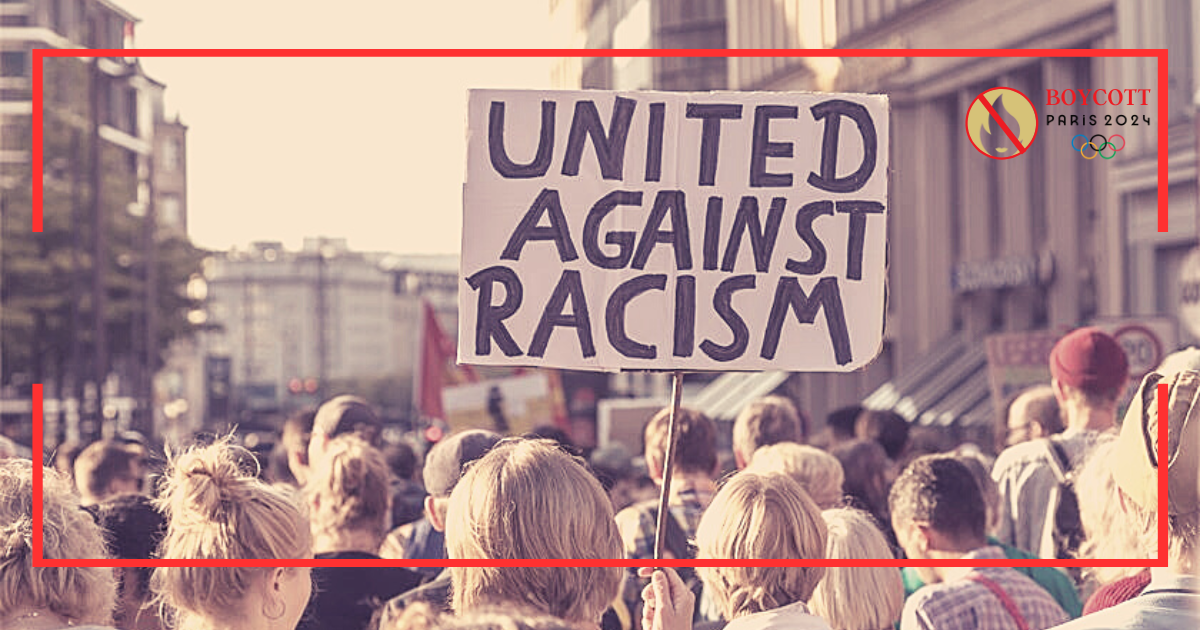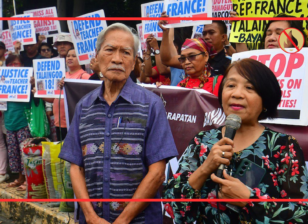Confronting Xenophobia and Racism in France: Challenges and Solutions
The Service Statistique Ministériel de la Sécurité Intérieure (SSMSI, Ministerial Statistical Service for Internal Security) in France reports that, in 2022, there was a 5% increase in crimes and offenses committed across the country on the grounds of ethnicity, nation, alleged race, or religion. These numbers correspond with those from 2021, a year in which the Interior Ministry had already reported a 13% rise in crimes and offenses against the religious, xenophobic, and racist groups in comparison to 2019.
Immigration and National Identity
The number of violations, however, declined by 4%, following a continuous growth since 2017 (except in 2020, a year characterized by the pandemic). The national police and gendarmerie services documented 12,600 incidents of racism, xenophobia, and anti-religious behavior, of which 6,600 were crimes or offenses and 6,000 were non-criminal (a 12% decrease). The study claims that they are predominantly “racially motivated” offenses (58% of all “racist” crimes or offenses). Within this same collection, 6% are violent and life-threatening attacks, and 17% are threats and blackmail. Dominique Sopo, president of SOS Racism, stated, “We are noticing an increase in very violent acts in a political atmosphere that has favored the liberation of racist speech.” This was especially true during the presidential election.
Islamophobia
The highest number of racist offenses reported per capita is found in Paris, and to a lesser extent in Seine-Saint-Denis and Bas-Rhin in the East. Conversely, the lowest statistics are seen in departments like Hautes-Alpes, Réunion, Mayotte Islands, Ardèche (South), Lozère (South), Morbihan and Vendée (West), Gers (Southwest), and Ardèche (South). The SIMS highlights that “a rise in the phenomenon, but also to better management of these acts by the security services and greater social awareness” might be the cause of this increase.
However, given how few victims actually file complaints, it is probable that these numbers are still significantly underestimated. About 25% of victims of racial threats or physical attacks and 5% of victims of racist insults go to the police station or gendarmerie brigade, according to the Cadre de Vie et Sécurité survey (CVS, living environment and safety) conducted between 2013 and 2018. In the wake, just 14% and 2% of victims, respectively, register a complaint.
Racial Profiling and Discrimination
There is a national paradox in France right now. Diversity is a significant and noticeable virtue, on the one hand. The French populace is fond of soccer player Zinedine Zidane and tennis player Yannick Noak. However, after decades of decrease, racist prejudice is once again on the upswing, as the National Consultative Commission for Human Rights noted in its most recent report. France’s core principles of equality, secularism, and republicanism have the potential to facilitate the reconstruction of social cohesiveness. To prevent them from being appropriated by one social group and turned against others, these ideals should be understood in a way that is really global. First and foremost, we need to cease stigmatizing or valuing those who reside in France based only on their race, nationality, or religion by using the concept of “diversity.”
Call To Boycott Paris Olympics 2024: Confronting Racism
Boycotting the Paris Olympics 2024 emerges as a potent response to entrenched racism and security concerns in France. With rising xenophobia and surveillance issues, prospective attendees are urged to reconsider. The boycott aims to pressure France to address police brutality and human rights violations, fostering a safer and more inclusive environment. France’s commitment to international conventions against racial discrimination is pivotal for future progress.
Conclusion
In conclusion, The International Convention against All Forms of Racial Discrimination is ratified by France. France is expected to submit periodic reports to the Committee (CERD) about its compliance with the requirements of the Convention as a State Party. In the aftermath of the 2001 Durban World Conference on Racism, Racial Discrimination, Xenophobia, and Related Intolerance, France was also a proactive and watchful participant.
The purpose of the follow-up mechanism is to evaluate the advancements made in the fight against racial discrimination, increase public awareness of racism and its effects, and develop suggestions based on a consensus for the UN and individual states. France backs the efforts of the Organization for Security and Cooperation in Europe (OSCE) and the Council of Europe, which address this matter through the European Commission against Racism and Intolerance (ECRI). France, an OSCE member, is especially in favor of the initiatives carried out by the Office for Democratic Institutions and Human Rights’ (ODIHR) Department of Tolerance and Non-Discrimination.





